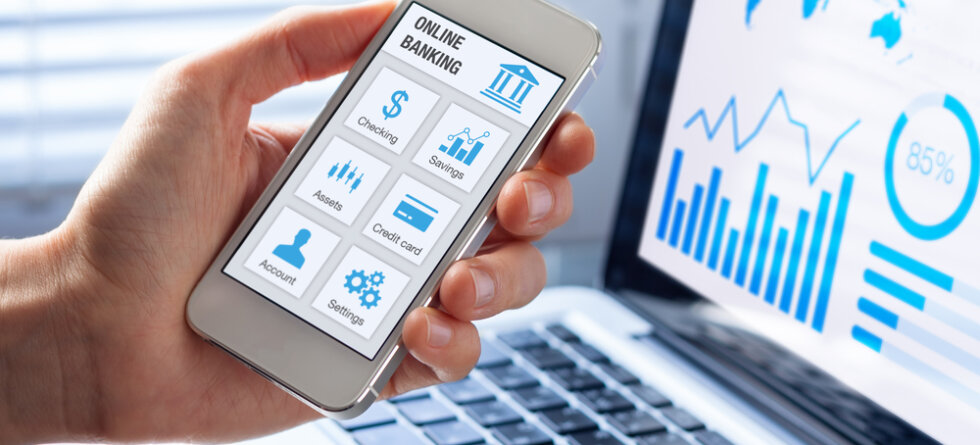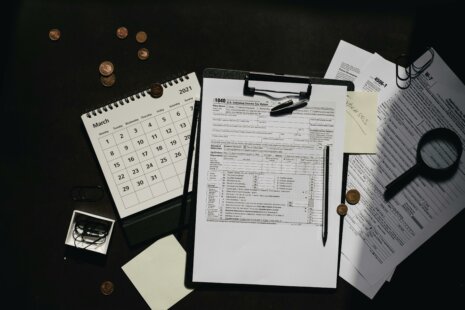While it’s generally advisable to maintain separate bank accounts for personal and business finances, it’s not illegal to use a personal account for business purposes, especially if you’re a sole proprietor.
Here are some important considerations and potential drawbacks to be aware of when using a personal account for business:
- Legal Structure: If you operate as a sole proprietor, there is no legal requirement to have a separate business account. However, if your business is structured as a corporation, LLC, or another formal entity, it’s typically required to have a separate business account to maintain the legal separation between personal and business finances.
- Accountability and Clarity: Using a personal account for business can blur the lines between personal and business expenses, making it more challenging to track your business finances accurately. This can lead to confusion and complicate financial management, tax reporting, and auditing.
- Taxation: Maintaining separate accounts can make it easier to track and report business income and deductions for tax purposes. Commingling funds in a personal account may complicate your tax reporting and increase the risk of errors or audits.
- Professionalism: Having a dedicated business account can present a more professional image to clients, customers, and partners. It signals that your business is a distinct entity.
- Liability Protection: While a separate account doesn’t offer the same level of personal asset protection as forming a legal entity like an LLC, it can still provide a degree of separation in cases of business-related liabilities or legal issues.
- Financial Reporting: Separate accounts make it easier to generate financial reports and statements that are specific to your business, which can be crucial for seeking financing or investors.
- Banking Services: Business bank accounts often offer services tailored to businesses, such as merchant services, business loans, and business credit cards. Using a personal account may limit your access to these services.
While it’s not illegal to use a personal account for business, it is generally not recommended. Maintaining separate accounts provides greater clarity, legal protection, and professionalism. It simplifies financial management and tax reporting, which can save you time and reduce the risk of errors. If you’re concerned about the fees associated with a business account, you can explore different banking options or inquire about fee waivers for small businesses to make it more cost-effective. It’s best practice to consult with a financial advisor or accountant to determine the most suitable financial structure for your specific business needs and the legal requirements in your jurisdiction.




